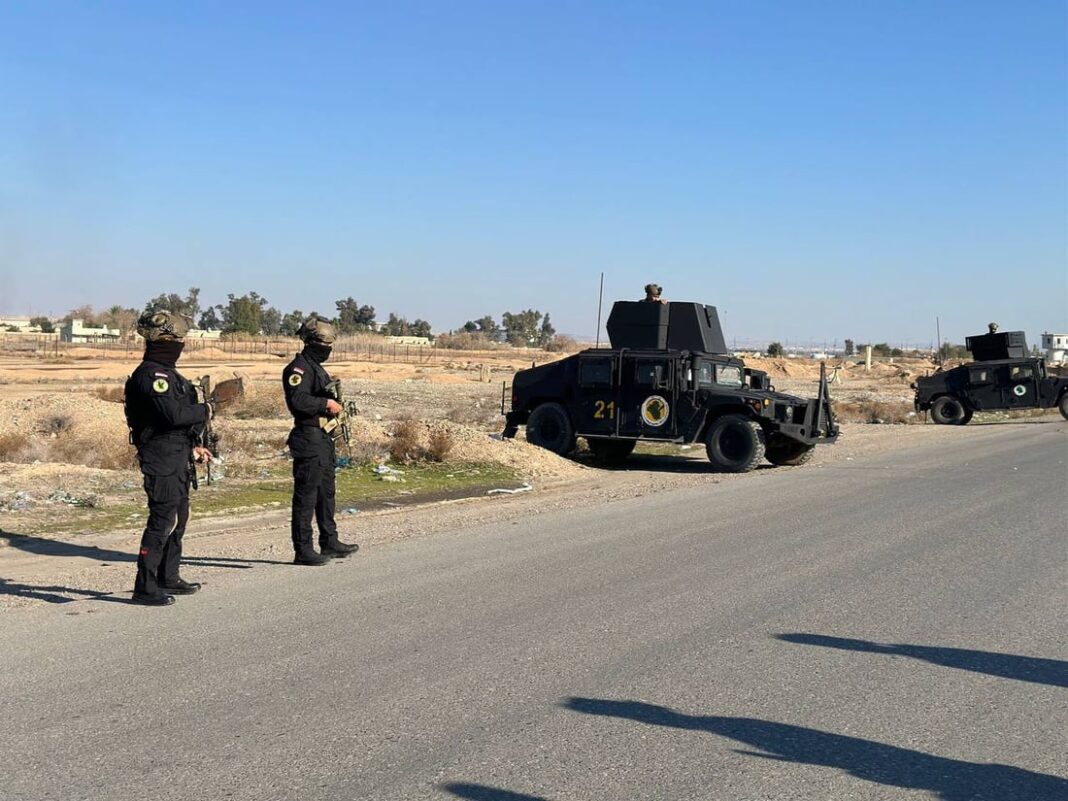Sulaymaniyah, Iraq – In a coordinated effort between federal and regional forces, Iraqi security teams recently arrested five individuals suspected of ISIS affiliation. The operations spanned the Kurdistan Region and Kirkuk, following detailed intelligence provided by national agencies.
According to the Kurdistan Region’s Security Agency in Sulaymaniyah, the mission unfolded in two distinct phases. The goal of the operation was Combating Terrorist Networks, a key objective repeated throughout the mission and planning.
The first phase occurred on April 29 in Kirkuk’s Jawal Bor area. Iraqi Military Intelligence worked closely with regional units to locate and dismantle several ISIS hideouts. Authorities also searched nearby valleys for weapons and related materials. During this operation, they recovered documents linked to ISIS activities.
The second phase took place from April 30 to May 4. This part of the operation focused on four key locations: Kalar, Chamchamal, Halabja, and Sulaymaniyah. During these raids, officials arrested five individuals suspected of plotting to rebuild ISIS cells.
Authorities revealed that the suspects had entered the area with intentions to reorganize terrorist operations. These individuals are currently held under Iraq’s Anti-Terrorism Law, specifically under Articles 2 and 4. Investigations into their activities and affiliations are ongoing. However, officials have not yet released the names of those arrested.
Security leaders stressed the importance of coordination between Kurdish forces and federal intelligence. They highlighted that ongoing cooperation remains crucial in Combating Terrorist Networks.
Moreover, these successful missions underscore the effectiveness of shared intelligence and swift action. Authorities are committed to continuing efforts that disrupt ISIS movements and prevent future threats.
As security operations expand, officials aim to maintain momentum in tracking and dismantling extremist elements. Iraq’s unified response is proving vital in Combating Terrorist Networks and restoring long-term safety in vulnerable regions.



